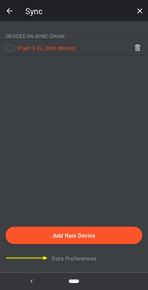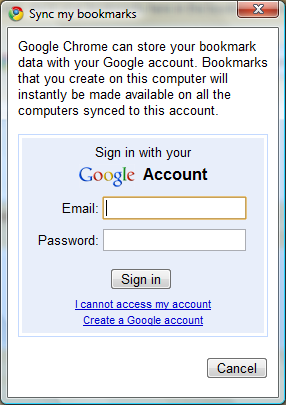

When you insert an email+password pair, you are actually generating encryption keys from then. This is because of how the account system will actually work. Implementing an account system does not mean we would have to give up on using keys either, for users that prefer such a method. But it is possible to prevent users from choosing common passwords etc. Most websites only use rules like having a "minimum of characters", "have numbers/symbols/capitalized letters etc".

There are already tools at hand to prevent users from creating weak passwords.

Misconception nr 2:Having a sync key is a way to prevent users form setting a weak password. The only places where your data is unencrypted and visible is on your devices.įirefox sync works very well, I must say. Hence, all that firefox is storing in their servers is encrypted data, so they get zero information on your browsing history etc. The reason for this is that your data is locally encrypted (with your email and password) in your device before being synced with the server and your other devices. Does this mean they have access to your data? No. Firefox actually uses a Firefox account system to sync your data between your devices and their servers. Having a brave account means my data will be associated with an identifier/Brave will control my data (or Google/Microsoft etc). In fact, all the oppositions against having a brave account are actually non-issues for the reasons below: I see a lot of misconceptions going around. On Android it is even worse because Brave enters a network disconnected state whenever the phone sleeps that prevents it from doing that periodic refresh until several minutes later. All the browser clients are relying on a periodic refresh. I think the issue with Brave sync right now is that there doesn't seem to be "push notifications" whenever browser state is updated.

I filed this bug for the sync slowness on Android, but unfortunately the devs are taking a really long time to fix it. It definitely seems less real time than Chrome's sync, especially when syncing to mobile. I agree with you on the slowness of the sync though. I don't mind entering the long key code since how often do I really need to type it out? If it really bothers you, you can use a password manager to store the key. The encrypted sync chain is one of the things that elevates Brave's browser sync above the rest IMHO. I like the fact that I can create multiple sync chains for different groups of computers and the fact that I don't need an email that associates my browser data with an identifier.


 0 kommentar(er)
0 kommentar(er)
